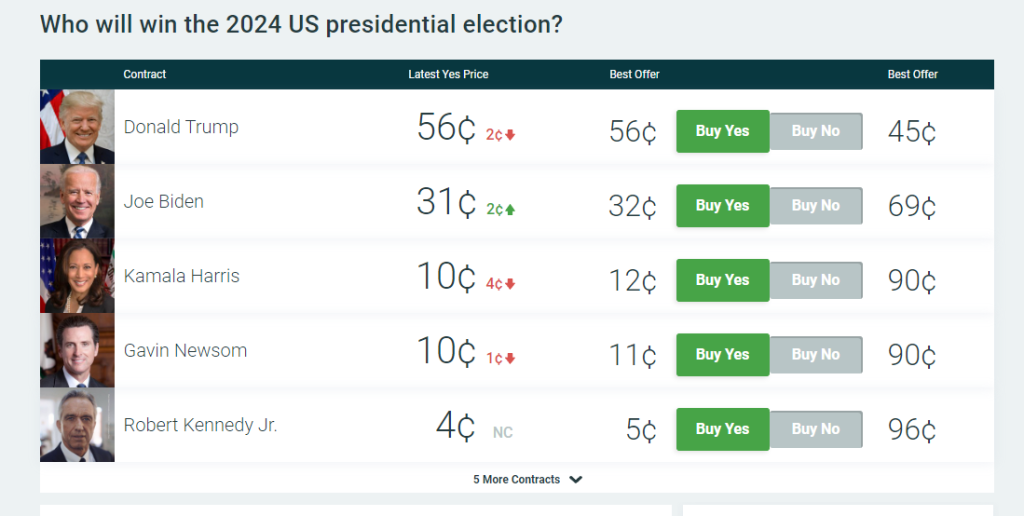
A Public Health Crisis for Reproductive Rights
Project 2025 outlines a conservative vision for the future of healthcare in the United States, with significant implications for reproductive rights. This plan seeks to limit abortion and reshape federal policies around a more traditional framework that emphasizes “protecting life from conception.”
Let’s look at some of the specifics outlined. There’s a renewed urgency after last Thursday’s debate. Here’s what the prediction markets currently have the election at:

Public Health Perspective: The Impact of Restricting Reproductive Rights
Restricting access to reproductive health services, including abortion and family planning, profoundly impacts public health, especially among marginalized communities. These restrictions can lead to increased rates of unintended pregnancies, negatively impact maternal and infant health, and exacerbate existing health disparities. The document asserts:
“From the moment of conception, every human being possesses inherent dignity and worth… Abortion and euthanasia are not healthcare.”
By dismissing abortion as healthcare, the document fails to recognize the essential role that access to comprehensive reproductive health services plays in safeguarding women’s health and well-being. Research consistently shows that access to safe and legal abortion services and comprehensive family planning reduces maternal mortality and improves health outcomes.
Conflicts: Gender Equity, Personal Autonomy, and Access to Healthcare
The policies proposed in the “2025 Mandate for Leadership” significantly conflict with the principles of gender equity, personal autonomy, and universal access to healthcare. By aiming to restrict reproductive rights, the document implicitly endorses a view that undermines women’s autonomy over their own bodies and health decisions. This is particularly concerning for women from socio-economically disadvantaged backgrounds who may lack the resources to seek safe reproductive healthcare.
These restrictions also represent a broader societal issue where women’s health and rights are disproportionately controlled by legislative measures, often influenced by ideological positions rather than scientific evidence. The document further advocates:
“The Secretary must ensure that all HHS programs and activities are rooted in a deep respect for innocent human life from day one until natural death.”
This perspective overlooks the complex, real-world implications of such policies on women’s lives and public health at large, potentially leading to a decrease in the quality and accessibility of healthcare for women, thereby increasing gender-based disparities.
What do you think?
- How have restrictions on reproductive rights impacted you or someone you know?
- What are your thoughts on balancing ethical perspectives with the need for accessible reproductive healthcare?
Conclusion
The “2025 Mandate for Leadership” presents significant challenges to public health, particularly in the realm of reproductive rights. Public health practitioners and the general public must understand these implications, advocate for policies that ensure safe, accessible, and comprehensive healthcare for all individuals, regardless of gender or socioeconomic status, and carefully consider their electoral choices at all levels.
Be a Health Innovator – Get Weekly Updates!
Stay informed and active. Subscribe for free and share this blog to make a difference in public health.
About the Author
Dr. Jonathan P. Scaccia, PhD, is a clinical-community psychologist with expertise in public health science and practice. He has led evaluation and research initiatives focusing on health equity, vaccine distribution, and organizational readiness. Dr. Scaccia has contributed to federal suicide prevention programs and vaccine equity strategies. He has been recognized for his impactful work and is a leading voice in advancing public health practices.



